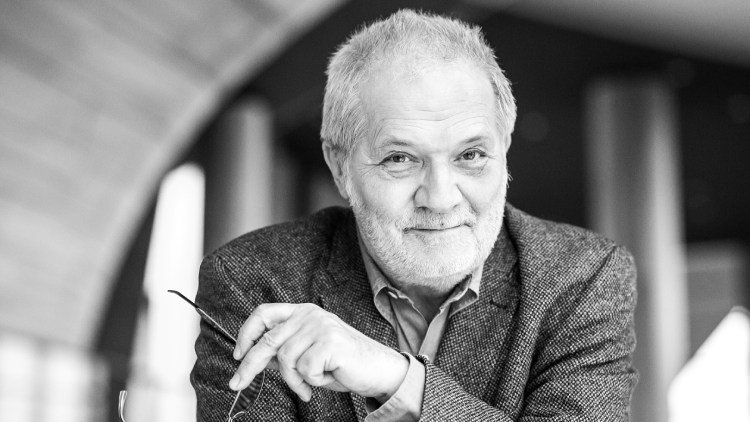In the world of contemporary music, few names resonate as deeply as that of Eötvös Péter. A maestro whose life was a rich tapestry of melody, innovation and teaching, Eötvös’ passing at the age of 80 marks the end of an era. Yet his legacy is an enduring symphony that resonates in the hearts of those he touched.
Let’s take a journey through the life of this remarkable composer, conductor and pedagogue, whose contributions have left an indelible mark on both Hungarian and international contemporary music.
Early life and education
Born on January 2, 1944 in Székelyudvarhely, Eötvös Péter’s musical journey began at a young age. With the compositions of Bartók Béla as his early inspiration, he began a path that would lead him to become a titan in the field of music. His exceptional talent was recognized by Kodály Zoltán, who welcomed him into the special talents class of the Music Academy at the age of fourteen. This was just the beginning of a lifelong dedication to music, which led him to study conducting in Cologne on a 1966 scholarship.
A groundbreaking career
Eötvös’ early career milestones included his role as musical director at the Vígszínház, where he composed music for film and theater, and contributed to works by Szabó István and Makk Károly, among others. His collaboration with the Stockhausen Ensemble from 1968 to 1976, followed by his tenure as artistic director of the Ensemble InterContemporain, founded by Pierre Boulez, made him a formidable figure in contemporary music.
Conductor Extraordinary
Eötvös’ magic was not limited to composing alone. His skills as a conductor led him to the world’s greatest orchestras, from the Berlin Philharmonic to the Vienna Philharmonic, captivating audiences with his meticulous yet passionate approach. Strikingly, he never conducted from memory, believing in the symbiotic relationship between score and inner hearing, a practice that allowed him to compose with unparalleled clarity and focus.
Innovator and educator
His dedication to nurturing the next generation of musicians was evident in the establishment of the International Eötvös Institute Foundation in 1991 and the Eötvös Péter Contemporary Music Foundation in 2004. Eötvös was not just a teacher; he was a mentor who imparted wisdom to prestigious institutions and festivals around the world, shaping the minds of future music stars.
A legacy of operas and orchestral works
Eötvös’ opera and orchestra creations were inspired by literary works and translated profound stories into musical masterpieces. From the success of his opera based on Chekhov’s ‘Three Sisters’ to his adaptation of Jean Genet’s work in ‘The Balcony’, Eötvös’ ability to weave complex emotional landscapes into his compositions was unparalleled. His operas, such as “Angels in America” and “Love and Other Demons,” demonstrated not only his versatility, but also his deep understanding of human experience and emotions.
Awards and recognitions
Eötvös’ contributions have been celebrated with numerous awards, including the Kossuth Prize, the Bartók Béla-Pásztory Ditta Prize and the highest state honor, the Hungarian Order of Saint Stephen. These awards reflect the enormous respect and admiration for his work in Hungary and beyond.
The final curtain
The death of Eötvös Péter is a great loss for the music world. Yet his legacy lives on through his compositions, his teachings and the countless lives he touched. As we mourn his departure, we also celebrate his life – a symphony of creativity, passion and innovation that will continue to inspire generations to come.













Leave a Reply